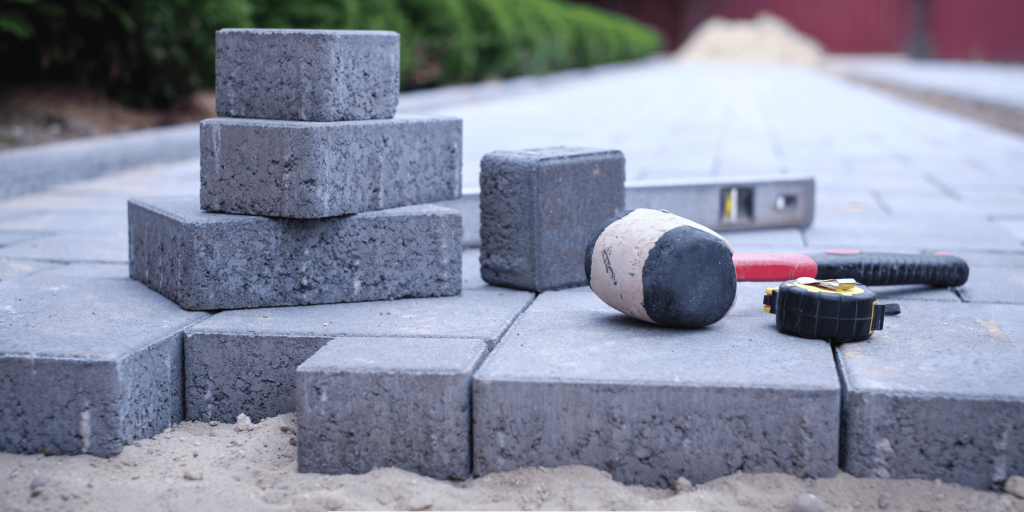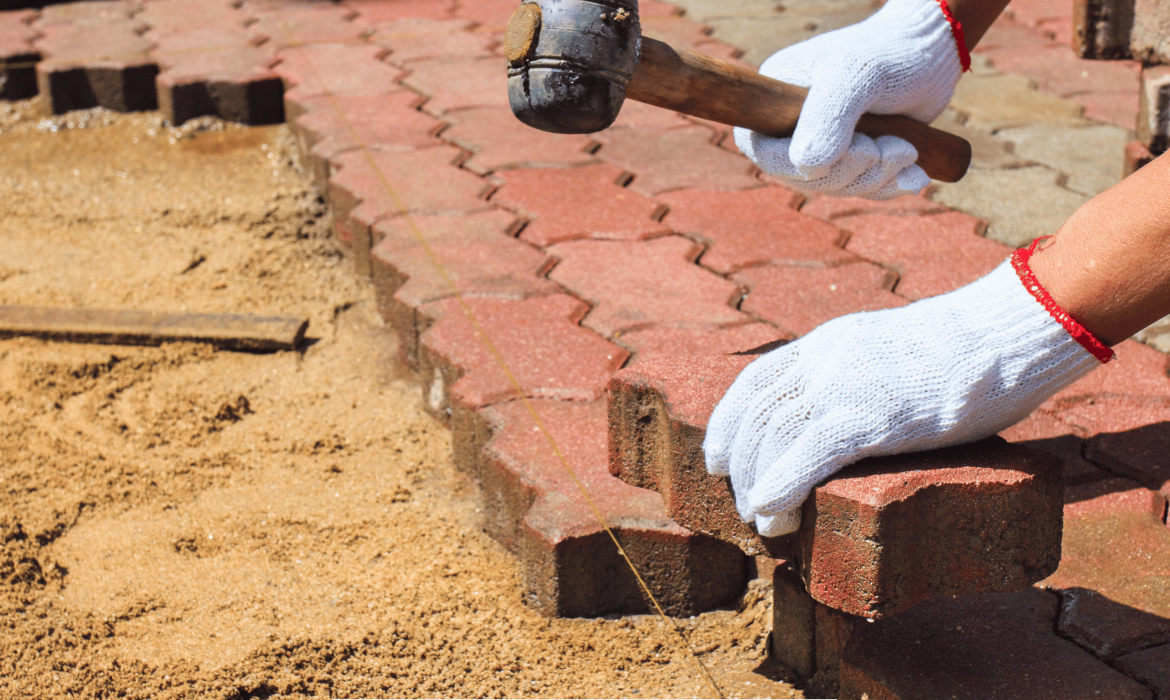Paving bricks, called pavers, are primarily used to construct driveways, patios, pathways, and any other complex surface building. However, how many kilograms per paving brick does an individual submit? The answer to the question is somewhat dependent on a few factors.
Paving Brick Sizes
The size of the paving brick varies according to their weights in any construction site.
Common paving brick sizes include:
– 2 1⁄4” x 4” bricks
– 4” x 8” bricks
– 8” x 8” bricks
Yes, for any sanity, you can easily understand that these larger patio pavers weigh more than these smaller bricks. Standard weights are likely to be found for different sizes of paving bricks.
2 1⁄4” x 4” Bricks
These small paving bricks measure 2 1⁄4 inches in width by 4 inches in length. Most commonly, they are applied as a border on walkway and patio designs and in creating geometrical shapes. A standard brick size, 2 1⁄4″ x 4″, weighs 1 to 1 1⁄2 pounds.
4″ x 8″ Bricks
Currently, the 4 x 8 paving brick is arguably the most widely used type for most DIY and all categories of hardscape construction. These standard bricks have dimensions of 4 inches in width and 8 inches in length, thus fitting the size and shape of most mason’s trowels and hands. Most paving bricks used today come in 4″ x 8″ format and range from 3-4 pounds in weight.

8″ x 8″ Bricks
Standard paver sizes for large-scale projects are 8 x 8 patio stones. These large squares give more excellent coverage in the area, and it is not a secret that they are often quicker to lay. It is packaged and sold in squares, and an 8-inch square paving brick usually weighs between 5 and 8 pounds.
Brick Material Density
Another reason weight varies in a paving stone is the pouring density of the material used to produce the brick.
Common paving brick materials include:
Concrete
Budget concrete pavers are cement, aggregate stone, and water used in construction to produce paving bricks. Depending on the properties of the stone aggregates, the concrete paving usually falls in the category of 100pcf (pounds per cubic foot) – medium-duty concrete paving to as high as 150pcf (pounds per cubic foot) – high-duty concrete paving.
Clay
Paver bricks are produced from natural clay that has been burnt. They vary from as low as 120 pcf for low density to as high as 190p/cf for high-density, high-quality clay pavers.
Natural stone
The paving stones may also be made from natural stones such as granite, bluestone, travertine, or sandstone. The densities vary from one Stone type to another, depending on the kind that is used. Thin granite pavers, in the majority of cases, weigh not less than 150 pounds per cubic foot because of the dense minerals in granite rock.
Porcelain
When it comes to pool deck use, there are ceramic tiles that come in porcelain paving tiles that do not fade quickly. However, porcelain pavers weigh less than natural stone and concrete have average densities of 100 to 130 pounds per cubic yards.

Determining the weights of paving bricks
With all those variables defining the weight of a paver up, let’s attempt to weigh out a couple of standard brick sizes.
For a 4″ x 8″ concrete paving brick that is 2 inches thick, using the standard medium density of 100 pounds per cubic foot:
Dimensions = 4 x 8 x 2 = 64 volume in cubic inch
Express the results in cubic feet instead of cubic inches by dividing the obtained results by 1728
That is 64 / 1,728 = 0.037 cubic feet.
Multiply density by volume:
100:1 lbs/cubic ft x 0.037 cu ft = 3.7 lbs
Hence the concrete paver brick of size 4″ x 8″ x 2″ weighs approximately 3.7 pounds.
The same calculations can be done for an 8″ x 8″ x 2″ high density clay brick using 190 lbs/cubic foot density:
Volume = 8” x 8” x 2” = 128 cubic inches
128 cubic inches/ 1,728 = 0.074 cubic ft
Taking it to the next level: 190 lbs/cubic ft x 0.074 cubic ft = 14.1 lbs
The weight of this Clay Paver 8 inches square is approximately 14.1 lbs.
As we marked above, the size and the density of the material define how much a paving brick weighs. This guide should also provide a clearer perspective on average paving brick weights for transport, equipment and any health and safety purposes.

